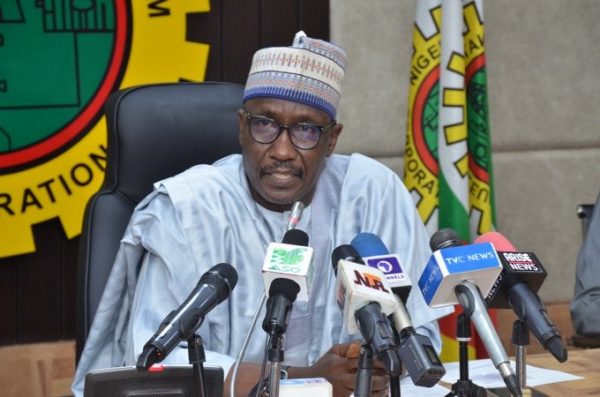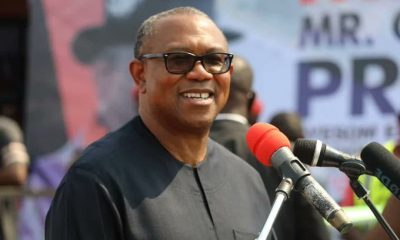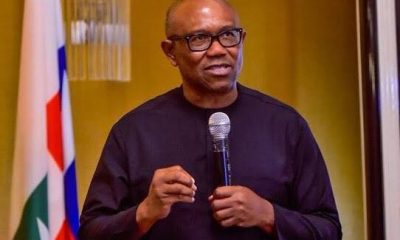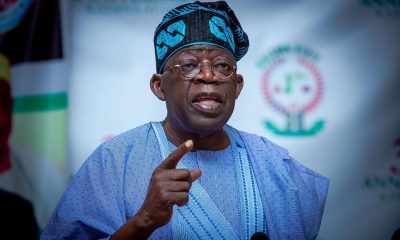Business
Diesel price may hit N1,500/litre in next two weeks – Marketers

Marketers of Automotive Gas Oil (AGO), more popularly known as diesel, have said that the price of the product may increase to N1,500/litre, within the next two weeks, if nothing was done to curtail the spiralling rise.
About 75 per cent of filling stations across the country, according to the marketers, are currently out of business due to their inability to purchase diesel required to power their tankers and transport Premium Motor Spirit (PMS), petrol, to their various outlets.
The marketers, who met with journalists on Tuesday in Abuja, under the aegis of the Natural Oil and Gas Suppliers Association (NOGASA) said high cost of diesel was also the reason why petrol scarcity had failed to abate in Abuja and neighbouring Nasarawa and Niger states, among others.
Speaking on behalf of the marketers, the National President of NOGASA, Bennett Korie, explained that the only solution to the current challenge was for the Federal Government to raise the pump price of petrol a little in order to reduce the huge foreign exchange used in PMS imports.
This, he said, would eventually free up some forex for diesel imports, a development that would impact positively on the rising cost of diesel, stressing that the product was currently sold at N850/litre.
He said, “If you go round now you will see that about 75 per cent of filling stations in Nigeria have gone out of business. There is no diesel to take fuel to their stations. All of them are going down.
“And it is not that the fuel is not there, but the cost of bringing it to the stations is too high. We know that the crisis between Ukraine and Russia has contributed badly, but the government has to do something fast, otherwise we are going to buy diesel in the next two weeks at N1,000 to N1,500/litre.”
Asked whether anything was being done to address the challenge, Korie replied, “As far as I am concerned nothing for now. The only way out, if you want to know, is that they (the government) should increase the price of fuel a little to reduce the money spent on PMS subsidy.
READ: Can Renewables Change the Future of Gas?
“I know Nigerians will not be happy to hear this, but this is the only solution. They should increase the price of fuel a little so that the savings will enable the Central Bank of Nigeria to have enough foreign exchange.
“You and I know that we import everything now in Nigeria. Diesel is an imported product and it is fully deregulated. So, the importers are not getting dollars at the official CBN rate to import diesel. Everybody is going to the black market to get dollars to import their products and so you expect the price of diesel to be high.”
He also stated that this was the major reason why fuel queues had failed to clear in Abuja, as many filling stations lacked the funds to buy diesel at a high cost to run their trucks, transport petrol to the capital city and would still be made to sell PMS at N165/litre.
He explained that Lagos, Port Harcourt, Warri and other states closer to the coast line had no queues because the three named cities had seaports and large depots for loading and distributing petroleum products.
Korie said, “The reason why you are having scarcity of petroleum products particularly in Abuja is as a result of the high cost of diesel. The price of diesel today in the market is N850/litre. You will also agree with me that the money being paid as bridging claims to transporters is not enough.
“The price is N850/litre and you are giving your driver 1,200 litres from Lagos to Abuja, if you do the calculation, you will find out that the landing cost (for transporting the fuel) is about N40/litre.
“So, if you add that to PMS, buying at the depot price and selling here, it is too high. So, if your cost of bringing it in is at N40/litre and you bought it at N155/litre, when you add this, you will get N195/litre. But you are to sell at N165/litre. So, who will do that kind of business? It is already a loss-making business.”












